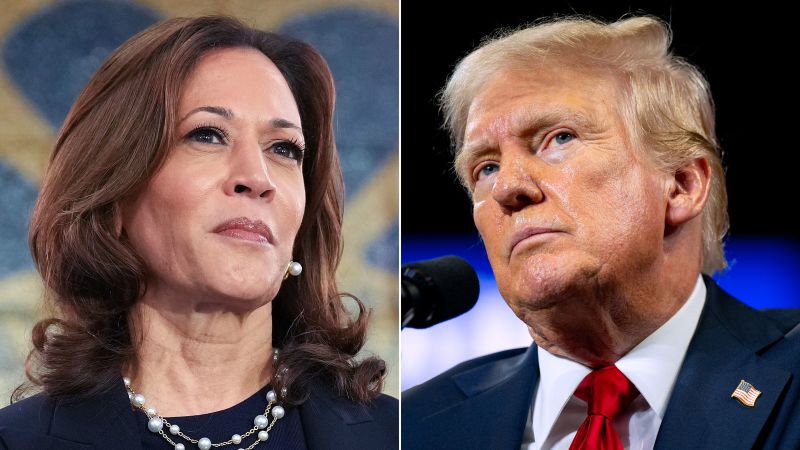In a recent interview with CNN’s Michael Smerconish, Democratic strategist James Carville and former senior advisor to President Obama, David Axelrod, discussed the impact of Kamala Harris’ entry into the presidential race on former President Donald Trump. Carville expressed that since Harris entered the race, Trump “don’t taste the same,” indicating that her presence has disrupted the political landscape in a significant way. This suggests that Harris’ candidacy has posed a new challenge for Trump and has forced him to recalibrate his approach.
Carville and Axelrod elaborated on how Harris’ background and experience as a former prosecutor and senator have made her a formidable opponent for Trump. They highlighted her strong communication skills, strategic thinking, and ability to connect with a diverse range of voters as key assets that set her apart in the crowded field of Democratic candidates. Harris’ unique combination of qualities has likely contributed to her ability to challenge Trump on multiple fronts and appeal to a broad base of supporters.
The discussion also touched on the potential impact of Harris’ candidacy on other Democratic contenders in the race. Carville and Axelrod suggested that Harris’ entry has forced other candidates to step up their game and differentiate themselves in order to compete effectively. This competitive dynamic within the Democratic field has led to a more robust and diverse set of policy proposals and campaign strategies as candidates seek to distinguish themselves and appeal to voters in a crowded field.
In addition to the specific impact on Trump and the Democratic field, Carville and Axelrod discussed the broader implications of Harris’ candidacy for the political landscape in general. They noted that Harris’ presence as a woman of color in the race has the potential to inspire and energize voters who have historically been underrepresented in politics. Her candidacy represents a significant step forward in terms of diversity and inclusivity in the political arena, and has the potential to mobilize a wide range of voters who may have previously felt marginalized.
Overall, Carville and Axelrod’s analysis of Harris’ entry into the presidential race underscores the significant impact that she has had on the political landscape. Her candidacy has disrupted the status quo, challenged Trump in new ways, and pushed other Democratic contenders to raise their game. Harris’ unique background and qualities as a candidate have set her apart and positioned her as a formidable opponent with the potential to inspire and mobilize a diverse base of supporters. As the race continues to unfold, Harris’ presence is likely to continue to shape the dynamics of the campaign and the broader political conversation leading up to the 2020 election.














